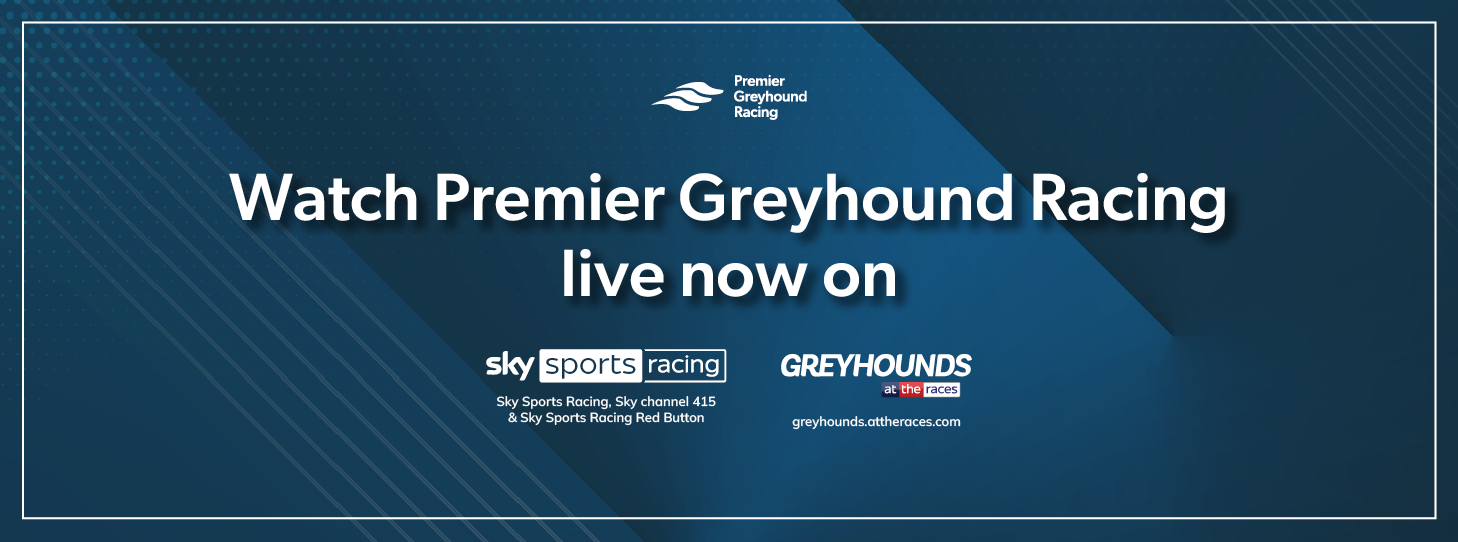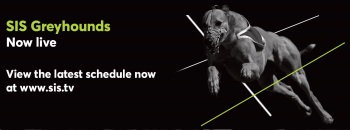Paul Carpenter the GBGB director representing greyhound owners has resigned his position on the board. He has asked that his resignation letter to GBGB CEO Mark Bird be published in the greyhound media, unedited, in explanation for his actions to the wider greyhound public.
Good afternoon Mark,
It is with regret that I inform you of my decision to resign my position of Owners’ Practitioner Director from the GBGB.
In doing so, I am aware that I might have chosen a convenient option of blaming ‘a change in circumstances,’ ‘ill health,’ or ‘a desire to spend more time trying to enjoy my hobby’. The first two are blatantly untrue, the third, less so.
Instead, as my final act as a director, I would like to take the opportunity to explain to a wider audience, particularly the people who voted for me less than four months ago, the reasons for my decision.
My initial observations are that the board serves the sport very well from a welfare, integrity, and regulatory point of view.
And, make no mistake, I came into this role with eyes wide open. In three decades as an owner, I have seen significant decline in just about every aspect of the greyhound industry: track numbers, owners, trainers, breeders, greyhounds, prize money and standards. I campaigned on these issues. In putting myself forward for election, it was my duty to attempt to make a difference. ‘Put up or shut up.’
Sadly, my worst fears were realised as early as my first board meeting. As someone who has spent a considerable part of their working life in those environments, I have seen countless powerplays, years of political point scoring & horse trading, manufactured and failed alliances. Most are settled with negotiation and compromise with the underlying objective being the long term prosperity of the company.
In the GBGB Boardroom, I found almost total domination by a small sector of the industry, namely the directors representing the interests of Entain and ARC. Given the commercial and other relationships tying a considerable number of the directors to those two companies, including even the leverage they held over fellow promoters, I was immediately concerned. Time after time, the issues I raised weren’t even discussed or responded to. Anything the promoters wanted was clearly paramount.
It soon became obvious that the grass roots directors were simply a cosmetic addition to airbrush the real objectives of the power brokers. At no point did I feel the owner’s concerns, or my own issues were treated seriously. On numerous occasions, it seemed that decisions had been determined prior to the board meeting taking place and ‘our role’ was simply to approve them. I’ve attended many meetings where the minutes had already been written and even tackled a previous MD about it once. I quickly found myself looking for another job!
It was always my understanding that the Greyhound Board was created as a regulator with responsibility for animal welfare, plus a responsibility for commercial growth (Article 50.1.1 developing a commercial strategy for the licensed greyhound racing industry & 50.1.2 promoting the interests of licensed greyhound racing.) Yet, the GBGB would have the sport believe they are just the regulator. Truth is, they are not!
In terms of the former, it is undoubtedly true that GBGB has made great strides in greyhound welfare. For that they should be applauded. However, there are even aspects of that which concern me.
For example, when greyhounds are injured, should it be the responsibility of the tracks to foot the entire veterinary bill? Is the Injury Recovery Scheme simply subsidising commercial businesses? I’d imagine it currently accounts for a huge section of the welfare budget but there seems no plan to control it. How can tracks be allowed to hide behind ‘industry’ injury data? This contradicts the word “transparency” in my book. I wonder whether more effort would be made at reducing injuries at certain tracks if their IRS grant was capped? Do the Board know or care where the injuries are occurring?
My hope is that Mark Peacock by working closely with every GBGB track will ensure our greyhounds are running on the safest possible surfaces. I don’t think I am being unfair when I say improvements can be made. The industry injury statistics support this.
In many ways though, given my background in commerce, my greatest concerns relate to the Board’s attitude to commercial growth. If ever there was a conflict of interest, nothing demonstrates it more strongly than the promoter’s attitude to the trajectory that the industry is on.
The media rights money is enough to stage meetings without owners or the public. In short, the owners I am representing are no longer required. I never wanted to believe that, but I do now. How can I be expected to continue knowing this?
Why is it more good dogs are staying in Ireland? Could it be because that’s where the prize money, competition, tracks, and overall racing experience is much better.
It is clear the racecourse promoters have an attitude of ‘don’t tell us how to run our tracks.’ Yet, what if their ambitions are at direct odds with the overall health of the industry? Will Rachel Corden or Ian Smyth ever (be allowed to) vote against the commercial best interests of their employers?
We have wall-to-wall racing that promotes nothing but gambling in betting shops. Yet when there is an opportunity to actually promote the sport, for example, Boxing Day fixtures, the most important sporting day in the calendar, certain tracks put profit above anything else. The choice taken by some tracks to close on Boxing Day was for me an appalling decision
The Board has been told that certain tracks cannot legally race on Boxing Day, yet I have seen documentary evidence to suggest otherwise. Can we please have clarification on this? Why is there no racing in the Northeast on a Saturday night? This area used to be a massive breeding ground for owners and greyhound enthusiasts in previous years. Shouldn’t the GBGB be asking promoters to justify their actions?
Why did the board recently hold a commercial strategy meeting and employ a commercial director if it is not prepared to act beyond the interests of two directors whose sole interests are media rights contracts?
This isn’t about winning power struggles it is the very future of the industry. I read this week that greyhound racing accounts for just 2.9% of internet betting. Just take that figure in, 2.9%. Not so long ago, it was 10%, when the majority of betting took place in the shops? Is there anyone on the Board who will be pushing to increase internet betting? Or are we witnessing a High Street bias here?
Our sport is not just about the bottom line, it’s about the greyhounds, people, dedication, loyalty and trust. Trusting people to do their jobs!
Welfare is currently driving the sport and I understand and support the rationale behind this. However, achieving a balance in areas such as welfare and developing a vigorous commercial strategy I believe is vital for our sport in the coming years. The same fantastic work in the arena of welfare and integrity must now run in tandem with a serious drive towards the commercialisation and marketing of our sport.
This needs to be a collective focus of our industry. Although we should lead from the front, this shouldn’t just fall on GBGB’s shoulders; we need every one of our tracks to highlight what is great about our sport and to make a real impact in their local areas. Addressing their websites, their social media channels and their relationships with their local press is integral to this and should be a priority for them.
On the subject on social media and with the benefit of hindsight, trying to use social media as a communication tool was clearly an error in judgement. Furthermore, the incessant social media negativity & criticism of the sport and at times myself has been unacceptable. I’ve tried to be as approachable as possible, but this has proved to be extremely challenging to my mental wellbeing. The internet can be a scary place!
To conclude, having considered all my options, I have sadly come to realise that, like my predecessors Paul Ephremsen and John Coleman, I cannot make any meaningful change. Everyone who knows me is aware gambling is not my strong suit but even I am aware it is not possible to win when all the odds are stacked against you. I keep thinking of these words, you’re a busy fool chasing something that’s not achievable. I don’t think I’m a fool.
I also have the satisfaction that I at least tried to improve the sport.
With greyhound racing now being perceived by some tracks together with the GBGB as not being a spectator or owner sport any longer, that makes my position untenable.
To conclude, I commend you and the remaining directors who continue to fight the good fight on behalf of greyhound racing, particularly my friend and colleague Peter Harnden. But I am done.
Your sincerely
Paul.













